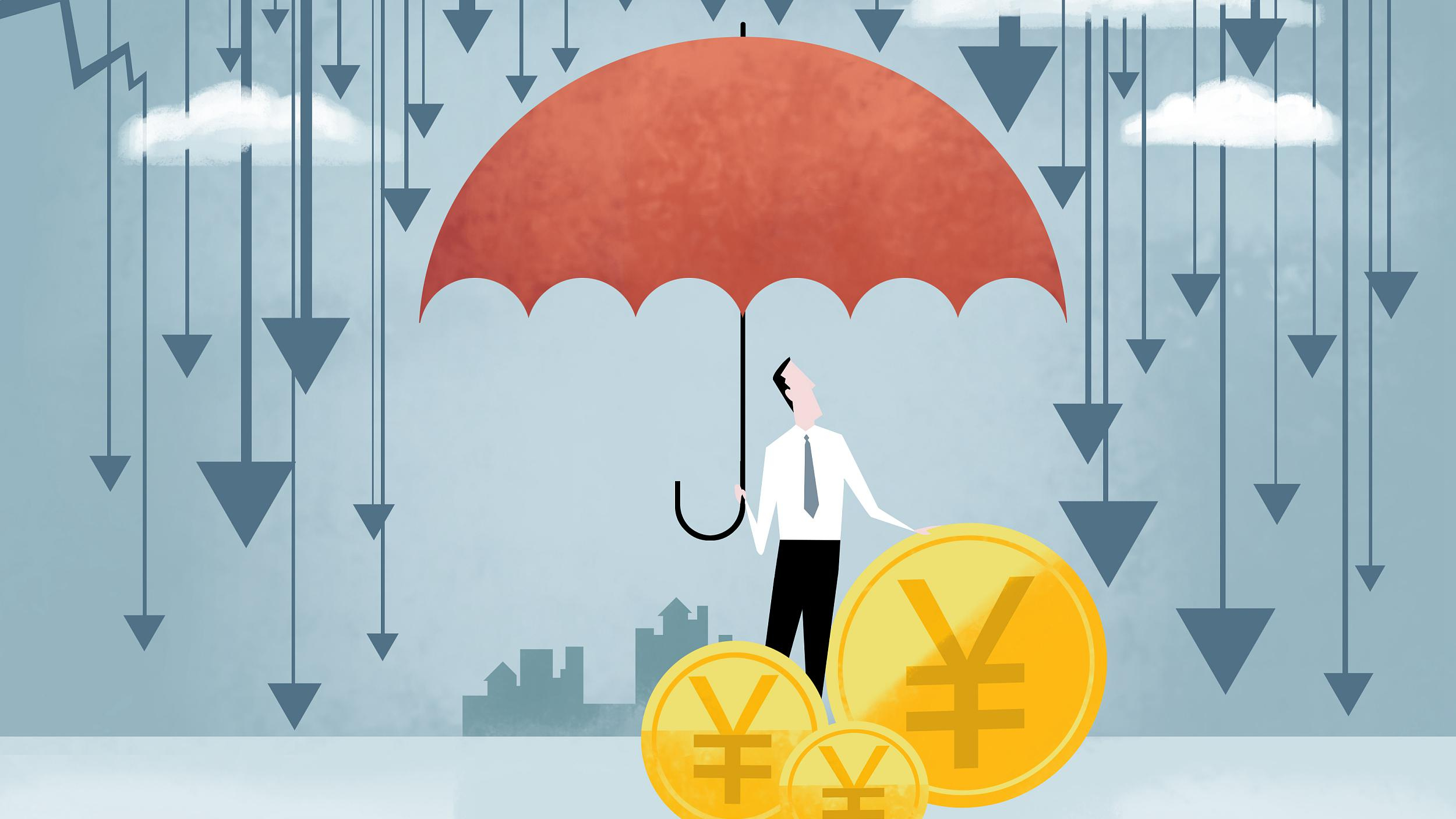
(Photo: CGTN)
A growing tidal wave of share buybacks, unrivaled in history, has hit the capital markets this year, while the latest escalation in a global trade storm sent China into bear market territory.
A string of 84 listed companies at least, including blue chip companies and companies in difficulty, have announced share buy-backs since June, totaling 10 billion yuan ($1.5 billion), according to the China Securities Journal.
Home appliance conglomerate Midea Group released plans to buy back up to four billion yuan ($603.4 million) worth of company shares earlier this month, the latest blue chip to join the wave.
The benchmark Shanghai Composite Index has plummeted over 20 percent from its peak in January, a threshold that defines a bear market.
“This round of buybacks has lasted as long as the previous two waves in 2015 and 2012, which indicated that A-shares evaluation has hit bottom,” said Dai Kang, analyst of Guangfa Securities.
Dai pointed out that the previous two waves also happened when stocks were sluggish, and the A-shares saw the bottom when the waves reached the end.
“The purchases are more of a symbolic move to boost share prices,” said Guo Feng, head of wealth management at Northeast Securities Co, “It is typical for firms to come up with such plans after market tumbles, but they had not always worked.”
Buybacks usually support stock prices by reducing share counts and boosting earnings per share, and shares of companies with big buybacks have historically outperformed the market.
Companies that announce big buybacks tend to be brimming with confidence in their C-suites.
But do share repurchases really buoy stock prices in the long term? There is a debate over the question, as companies announce big repurchase plans would face earnings pressure, the question of whether buybacks reduce real investment, and opportunity for manipulation.


